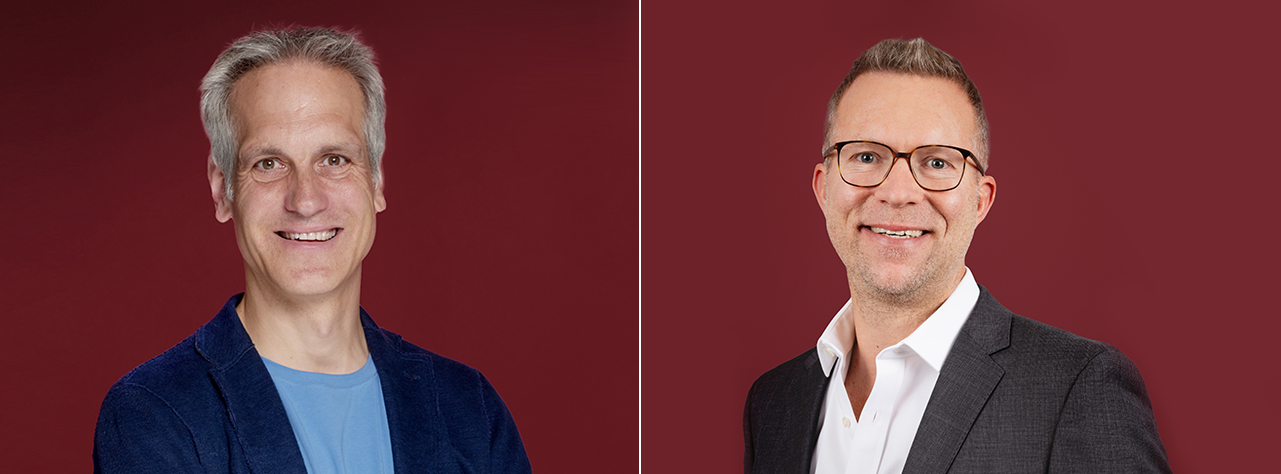Survey: 38% of Germans are not prepared to pay more for more sustainable products
Sustainable and ethical criteria are influencing the purchasing decisions of many consumers today – not only for food and household products, but also for cosmetics. A recent sustainability survey conducted by cosmetics company cosnova shows that when it comes to the sustainability of cosmetics products, respondents focus on environmentally friendly raw materials/ingredients and packaging, products made in Germany and products that have not been tested on animals. However, price remains the most decisive factor for most respondents.
Sulzbach, Germany, 25 June 2024 – Noticeable climate change, social movements and the growing availability of more sustainable products are all contributing to Germans incorporating sustainable and ethical considerations into their purchasing decisions: According to a cosnova survey, 51% of Germans strongly or very strongly consider sustainability when making purchasing decisions.1 The expectations placed on manufacturers are correspondingly high. When it comes to responsibly manufactured products, shoppers pay particular attention to the absence of environmentally harmful raw materials (42%), production in Germany, environmentally friendly packaging (41% each) and the absence of testing on animals (36%). Younger people in particular also place great importance on vegan products (18-24 years: 14%, 25-34 years: 16%, 35-44 years: 18%).
Price and quality before sustainability
At the same time, price and quality remain a priority: 38% of Germans are not prepared to pay more for more sustainable products. People are more willing to pay more for sustainable products when it comes to food (39%), household goods (24%) and fashion (19%). Cosmetics, on the other hand, come in second last with 16% - only travel & mobility receive even less support (15%). Companies such as cosmetics manufacturer cosnova recognise this. “We know that the sustainability aspect is very important to consumers, but in the end, price remains a decisive factor,” says Silvia Steinert, Director Corporate Responsibility at cosnova. “In the public perception, responsibly produced cosmetics are often equated with higher prices – 27% of consumers cite this factor as a barrier. That's why we provide comprehensive information about our activities and have been committed to the democratisation of the beauty market with our brands essence and Catrice since the company was founded – because sustainable consumption should not be a luxury.”
Taking responsibility – across the entire supply chain
To meet these requirements, cosnova takes the entire supply chain into consideration, from the raw materials to production and packaging. The products contain no microplastics, are completely vegan and have always been cruelty-free. Mica, the raw material used in products with a shimmer effect, is sourced exclusively from members of the Responsible Mica Initiative – cosnova has been committed to a transparent supply chain and fair working conditions for years. The palm oil used by cosnova is offset through the purchase of certificates from small farmers, thus supporting the sustainable cultivation of palm oil as part of the company’s RSPO membership. When it comes to packaging, which is essential for beauty products, the company relies on smart design to save materials, among other things. “Sustainability and responsibility have been part of our DNA since the company was founded,” explains Silvia Steinert. “Accordingly, we consider this aspect in our product development from the very beginning and communicate it transparently.”
cosnova is also committed to the responsible use of resources in its beauty tools – the latest example being the relaunch of the essence brushes. The brush handle is made from 100% recycled material and the packaging is made from recycled paper and PET. Like all cosnova products, the brushes are vegan. cosnova is the first company in the mass market to stop using an aluminium ferrule in favour of recyclability. By making these changes, CO2 emissions can be reduced by 172 tonnes per year. This is the result of a comparison between the emission factors for 2023 and the materials previously used. “We are constantly working to become more sustainable without changing our prices,” says Silvia Steinert.
¹ YouGov on behalf of cosnova GmbH, n=2,066 respondents, 24-27 May 2024
more
Expansion of the Executive Management Team

19.09.2023, Sulzbach
cosnova eliminates 100% of microplastic particles from its products

28.03.2023, Sulzbach
Momentum for the 1.5 degree target of Beauty Player cosnova

23.02.2023, Sulzbach
Thorsten Mühl becomes Chief Digital Marketing & Experience Officer

04.01.2023, Sulzbach
Our social business start-up no PB GmbH is now B Corp certified

02.12.2022, Sulzbach
essence won the TikTok award for "Greatest Performance"

08.11.2022, Sulzbach
20 years of cosnova beauty – the recipe for success

07.06.2022, Sulzbach
cosnova launches its own content production

03.06.2022, Sulzbach
essence celebrating 20 years

06.05.2022, Sulzbach
We will never stop calling for peace!

08.04.2022, Sulzbach